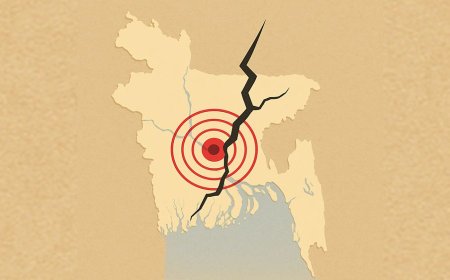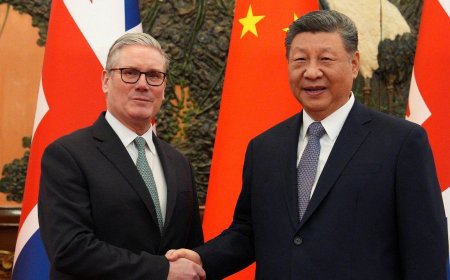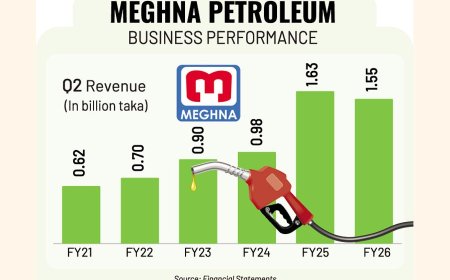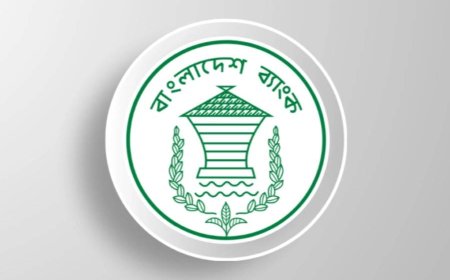Bangladesh’s Low-Compliance Export Industry Faces Enormous Challenges
The primary export to the EU is ready-made garments, which made up 60 percent of Bangladesh’s $42 billion RMG exports last year.
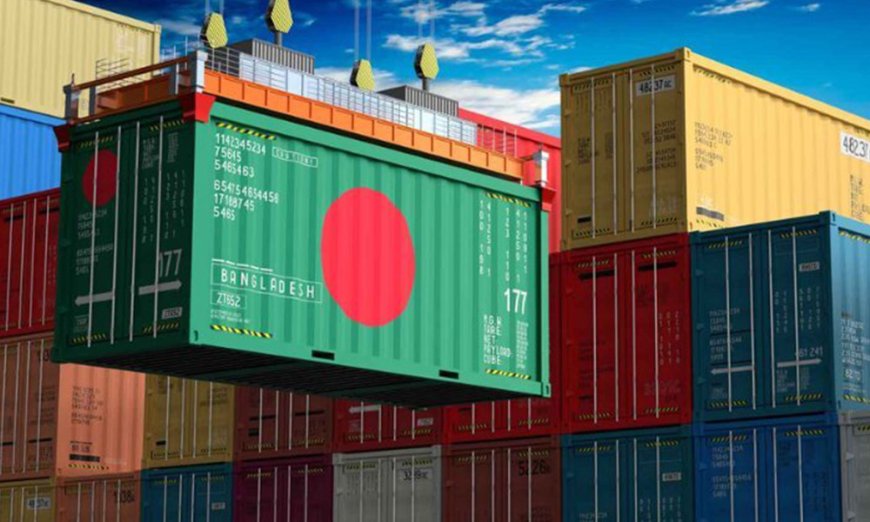
Bangladesh’s exports to the European Union face a major challenge due to the newly adopted legally binding EU directive that requires ensuring safety across supply chains while safeguarding the environment and human rights.
The country’s primary export to the EU is ready-made garments, which accounted for 60 percent of Bangladesh’s $42 billion RMG exports last year.
Under the new regulation, adopted by the European Parliament and Council in 2024, Bangladesh will have to identify both actual and potential risks to human rights and the environment at every level of its supply chain and take corrective action, said Md Awrangajeb Akon, a criminology and police science faculty member at Mawlana Bhashani Science and Technology University.
The directive requires safety standards to be fully institutionalized by 2029. Failure to do so risks not only losing market access but also facing fines or reduced orders.
The new law, known as the Corporate Sustainability Due Diligence Directive (CSDDD), enforces the Human Rights and Environmental Due Diligence (HREDD) framework, a concept that evolved from international standards and soft-law instruments in the 2010s.
The CSDDD explicitly requires companies to adopt climate transition plans, compelling Bangladeshi exporters to lower their carbon footprint and shift toward renewable energy, explained Syed Sultan Uddin Ahmmed, executive director of the Bangladesh Institute of Labour Studies.
He noted that Bangladesh has made progress in workers’ safety and labor rights in recent years, but significant challenges remain. To align with International Labour Organisation (ILO) standards, Bangladesh must reform its laws and practices, he added.
Some RMG factories have received recognition for their green transition efforts. However, these remain inadequate given Bangladesh’s overwhelming reliance on fossil fuels, which supply over 90 percent of the country’s energy needs.
From 2009 to 2024, Bangladesh’s energy investments and policies were heavily focused on gas, coal, and oil, effectively locking the country into large-scale fossil fuel dependence for at least the next two decades. Renewable energy expansion remains slow, hindered by restrictive financing systems.
Although many RMG factories have set up solar power stations, their supply chains continue to carry a significant carbon footprint.
“The new law looks like a double-edged sword for Bangladesh,” said Md Motaher Hossain, team leader of the Factory Improvement Program for the EU Market Access Project at GIZ.
Beyond strict new standards, he explained, compliance will require eliminating human rights risks across supply chains, ensuring fair wages, and guaranteeing decent workplaces. Companies failing to comply could face heavy penalties, including fines and civil liability.
“This is a major departure from the previous ‘soft law’ model, which relied on voluntary corporate social responsibility initiatives,” he added.
The directive also obliges buyers to pay fair prices to source countries while respecting human rights.
By complying, Bangladesh could potentially strengthen its business with the EU, experts said.
“The cost of doing business will rise, but buyers will also pay more,” said Mohammad Hatem, executive president of the Bangladesh Knitwear Manufacturers and Exporters Association.
For decades, Bangladesh’s appeal as a manufacturing hub has relied largely on cheap labor. Yet, the industry still witnesses frequent protests over unpaid wages, with workers at times killed by law enforcement during demonstrations.
Business leaders have urged EU buyers to pay fair and ethical prices to help implement the CSDDD quickly and effectively.
What's Your Reaction?







